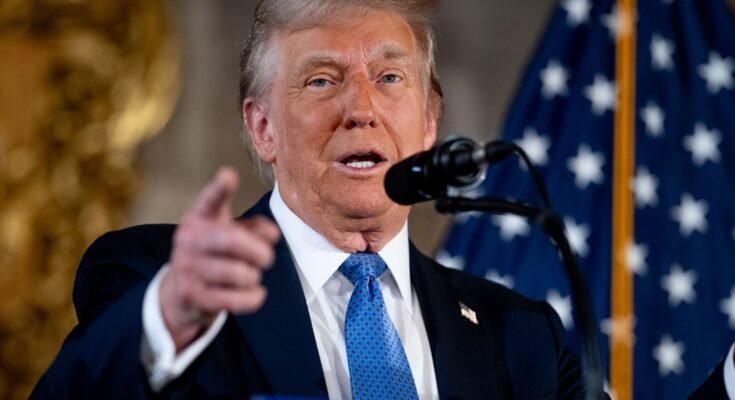On January 23, 2025, President Donald Trump made a bold statement during a speech at the World Economic Forum in Davos, Switzerland, suggesting that the ongoing Russia-Ukraine war could come to an end “immediately” if the Organization of the Petroleum Exporting Countries (OPEC) were to lower oil prices. Speaking via videolink, Trump emphasized that the high cost of oil is one of the driving factors keeping the war alive. He argued that a reduction in oil prices would significantly hinder Russia’s ability to fund its military operations in Ukraine, potentially leading to the cessation of hostilities.
Trump’s comments highlight the power of OPEC, a group of 12 countries including Iraq, Iran, Saudi Arabia, and Kuwait, that collectively control about 30% of the world’s oil supply. By adjusting their production levels, OPEC nations can exert significant influence over global oil prices. A decrease in oil prices would directly impact Russia’s main source of revenue, which it relies on to finance its war efforts. However, experts caution that even if oil prices were to drop, it could take months for such a move to seriously disrupt the Russian war machine.
In addition to advocating for OPEC’s intervention, Trump mentioned his own policies that could reduce oil prices, such as expanding domestic drilling for U.S. oil and gas. This, he argued, could further weaken Russia’s economic standing and limit its ability to sustain the conflict in Ukraine. The idea of ramping up U.S. production could also shift the global oil market, providing an alternative to Russian exports and potentially driving down prices.
When asked about the possibility of a peace agreement between Ukraine and Russia before the next World Economic Forum, Trump stated that the onus was on Russia to engage in negotiations. He reiterated that Ukraine was “ready to make a deal,” but suggested that Russia’s willingness to end the war was key to any potential resolution. Additionally, Trump commented on China’s significant role in the ongoing crisis, expressing hope that the U.S. could collaborate with Beijing to bring the war to an end.
Trump’s statements underscore the intersection of global energy markets and geopolitical conflicts, with the former potentially playing a pivotal role in the resolution of the war in Ukraine. While it remains to be seen whether his proposed strategies will have any immediate effect, the link between oil prices and the ongoing war remains a crucial point of discussion in international relations.



